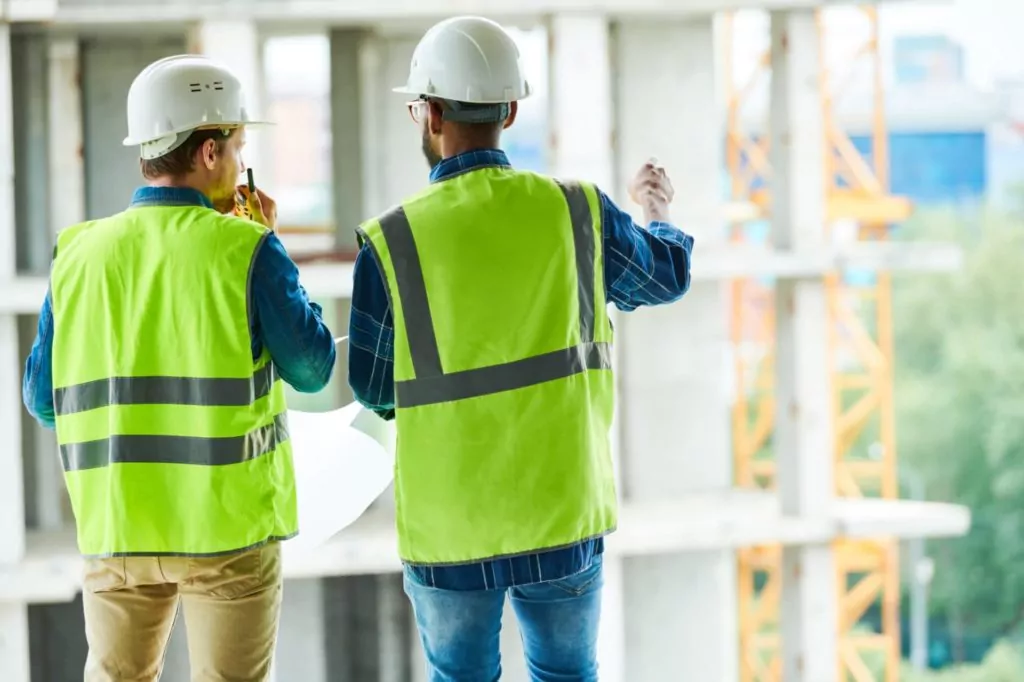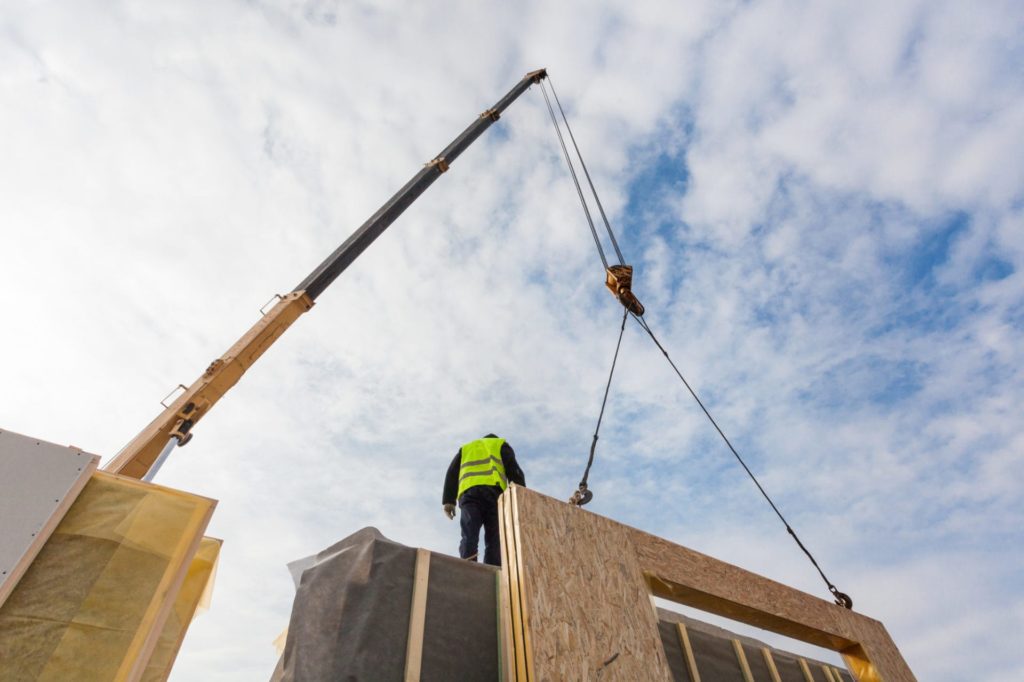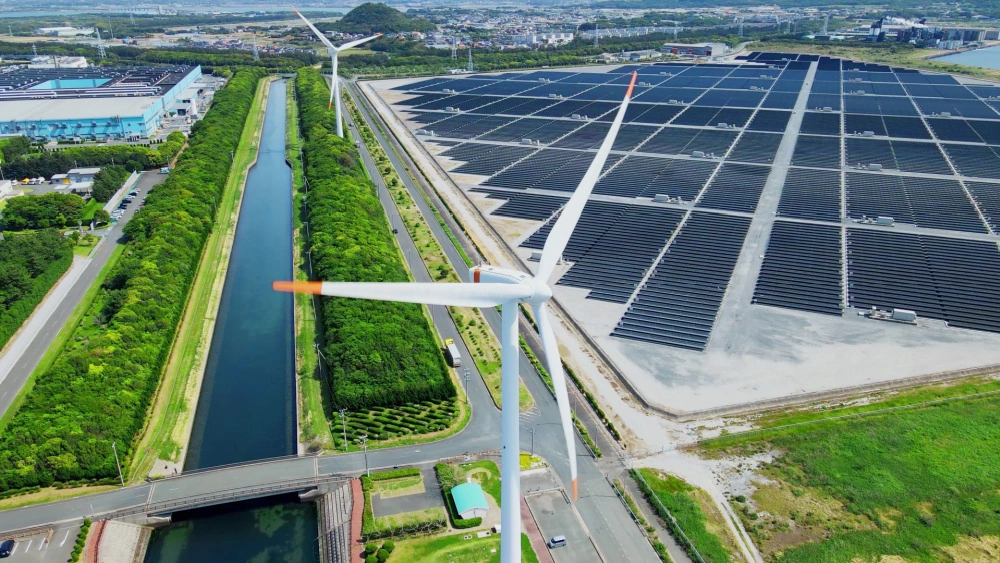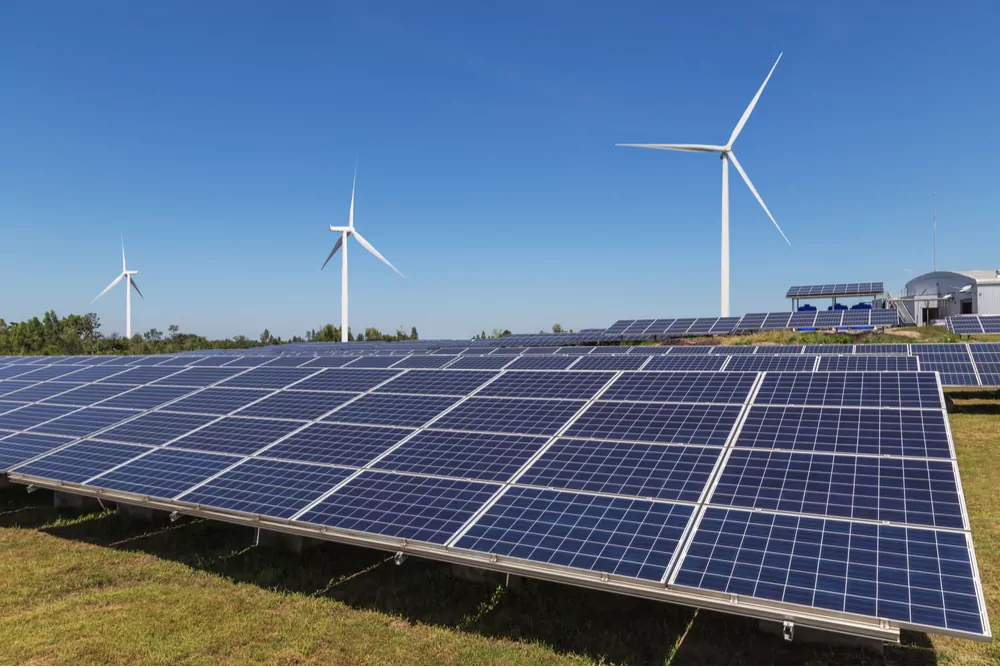
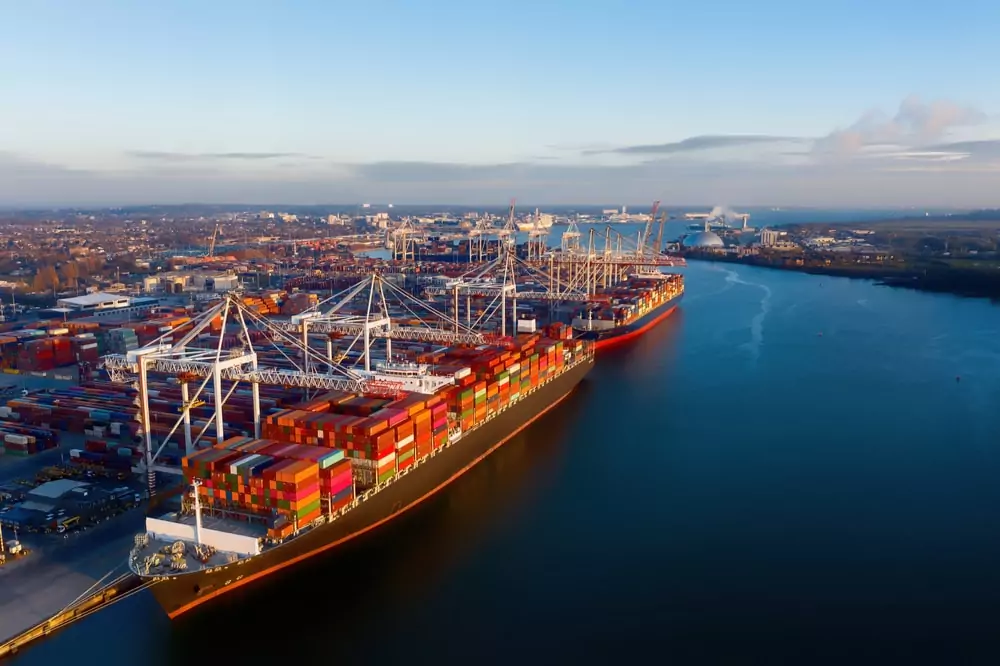
The final announcement in last month's Budget statement was made with something approaching a flourish.
Rishi Sunak confirmed the locations of eight regional secure customs zones located at ports where business can be carried out inside a country's land border, but where different customs rules apply.
And these zones shall be called: "Freeports"
The Freeports will be located at: East Midlands Airport, Felixstowe and Harwich, the Humber region, the Liverpool City Region, Plymouth, Solent, Thames and Teesside. A further announcement to confirm the location of another two Freeports is expected later this year. The Solent Freeport is the only site including an airport as well as seaports (the Port of Southampton and Portsmouth International Port).
But what happens next? And what are the features and opportunities of a Freeport?
Implementation
Foot Anstey' specialist Planning Team has worked closely on issues that will be directly relevant to the implementation of a Freeport.
For example, Local Development Orders (LDOs) are one of the key tools that will be available to Freeports. LDOs grant flexible planning permissions over defined locations and incentivise development by simplifying the planning process and making investment more attractive. The certainty that planning permission is already in place over a defined location through an LDO de-risks development by taking away consenting uncertainty and accelerates delivery of development.
We have recently drafted and advised the Duchy of Cornwall on a ground-breaking LDO for its 3,750 home scheme at Nansledan, Newquay.
What are the benefits?
But Freeports are likely to benefit all sizes of businesses in many sectors when they are up and running. Why might your business want to consider investing in such a site?
Might there be advantages for all businesses rather than those principally engaged with imports and exports? In our view there are.
This note provides an overview of key themes emerging from the Government's policy announcements, the Consultations that followed last year and our experiences to date.
The Government intends to create ‘tax sites’ in Freeports. Businesses in the tax sites will be able to benefit from:
- An enhanced 10% rate of structure and buildings allowance for constructing or renovating non-residential structures and buildings within the tax site. This means that business’ investment will be fully relieved in 10 years. To qualify, the structure or building must be brought into use on or before 30 September 2026.
- An enhanced capital allowance of 100% for companies investing in plant and machinery for use in Freeport tax sites. This allowance will apply to both main and special rate assets and will be available until 30 September 2026.
- Full relief from SDLT on the purchase of land or property for use for a qualifying commercial purpose within tax sites in England.
- Full business rates relief in Freeport tax sites in England. Available to all new businesses and certain existing businesses where they expand, until 30 September 2026. The relief will apply for five years from the point at which each beneficiary first receives relief.
- Businesses operating within Freeport customs sites will receive duty deferral while goods remain on site and duty inversion if the finished goods exiting the Freeport attract a lower tariff than their component parts.
- Businesses may also receive a customs duty exemption on goods that are imported into a Freeport, processed into finished goods and subsequently re-exported (this is subject to the UK’s trade agreements). They will also be able to suspend import VAT on goods entering the Freeport.
-
- Businesses located within the Freeports will be able to apply for new local development orders which lead to a more relaxed/streamlined planning regime, as discussed in the opening section of this note.
- The Town and Country Planning (General Permitted Development) Order will be amended so that Freeports are brought into ‘closer alignment with existing rights for airports’. The government is also looking at a simpler framework for environmental assessment.
- Subject to Parliamentary approval, the government also intends to introduce an employer National Insurance contributions relief for eligible employees in all Freeport tax sites from April 2022 or when the tax site is designated after this date. This would be available until at least April 2026.
- Customs site operators will be responsible for ensuring goods on site follow correct customs process and will need to obtain authorisation for their customs sites. Further guidance from HMRC on the authorisation process is due to be provided in due course.
- Some critics of Freeports point to alleged links to money laundering, corruption, tax evasion and organised crime. We note that one of the key delivery requirements set out in the Freeports Bidding Prospectus is that bidders must prevent illicit activity and adhere to the OECD Code of Conduct for Clean Free Trade Zones and the Money Laundering Regulations 2017. Freeports must have a governance structure in place which meets the government’s core standards and the National Local Growth Assurance Framework.
- Commentators have stated that the Chancellor’s Freeport model would not have been allowed pre-Brexit due to EU rules governing trade and state aid. For example, the tax reliefs offered to businesses in Freeports will not require prior agreement from the European Commission. However, under the Brexit trade deal, subsidies will need to be justified otherwise they can be challenged in the UK courts.
- Some commentators are concerned that the EU could respond to the UK subsidies by introducing tariffs on some UK goods which are deemed to be damaging to EU trade or investment. If 2021 has taught us anything to date it is that predications as to what might happen going forward to should be made with the utmost caution!
The Government intends to create ‘tax sites’ in Freeports. Businesses in the tax sites will be able to benefit from:
- An enhanced 10% rate of structure and buildings allowance for constructing or renovating non-residential structures and buildings within the tax site. This means that business’ investment will be fully relieved in 10 years. To qualify, the structure or building must be brought into use on or before 30 September 2026.
- An enhanced capital allowance of 100% for companies investing in plant and machinery for use in Freeport tax sites. This allowance will apply to both main and special rate assets and will be available until 30 September 2026.
- Full relief from SDLT on the purchase of land or property for use for a qualifying commercial purpose within tax sites in England.
- Full business rates relief in Freeport tax sites in England. Available to all new businesses and certain existing businesses where they expand, until 30 September 2026. The relief will apply for five years from the point at which each beneficiary first receives relief.
- Businesses operating within Freeport customs sites will receive duty deferral while goods remain on site and duty inversion if the finished goods exiting the Freeport attract a lower tariff than their component parts.
- Businesses may also receive a customs duty exemption on goods that are imported into a Freeport, processed into finished goods and subsequently re-exported (this is subject to the UK’s trade agreements). They will also be able to suspend import VAT on goods entering the Freeport.
-
- Businesses located within the Freeports will be able to apply for new local development orders which lead to a more relaxed/streamlined planning regime, as discussed in the opening section of this note.
- The Town and Country Planning (General Permitted Development) Order will be amended so that Freeports are brought into ‘closer alignment with existing rights for airports’. The government is also looking at a simpler framework for environmental assessment.
- Subject to Parliamentary approval, the government also intends to introduce an employer National Insurance contributions relief for eligible employees in all Freeport tax sites from April 2022 or when the tax site is designated after this date. This would be available until at least April 2026.
- Customs site operators will be responsible for ensuring goods on site follow correct customs process and will need to obtain authorisation for their customs sites. Further guidance from HMRC on the authorisation process is due to be provided in due course.
- Some critics of Freeports point to alleged links to money laundering, corruption, tax evasion and organised crime. We note that one of the key delivery requirements set out in the Freeports Bidding Prospectus is that bidders must prevent illicit activity and adhere to the OECD Code of Conduct for Clean Free Trade Zones and the Money Laundering Regulations 2017. Freeports must have a governance structure in place which meets the government’s core standards and the National Local Growth Assurance Framework.
- Commentators have stated that the Chancellor’s Freeport model would not have been allowed pre-Brexit due to EU rules governing trade and state aid. For example, the tax reliefs offered to businesses in Freeports will not require prior agreement from the European Commission. However, under the Brexit trade deal, subsidies will need to be justified otherwise they can be challenged in the UK courts.
- Some commentators are concerned that the EU could respond to the UK subsidies by introducing tariffs on some UK goods which are deemed to be damaging to EU trade or investment. If 2021 has taught us anything to date it is that predications as to what might happen going forward to should be made with the utmost caution!
Going Forward
In our view the potential benefits of investing in a Freeport are considerable and the precise nature and extent of the benefit will vary between businesses and sectors. We would advise businesses to consider the above and whether a Freeport site, such as Plymouth or in the Solent region, might be the best place to do business in 2021.
Find out more about Freeports in the government's Freeport Bidding Prospectus here.
For more information about Freeports in your area please get in touch with one of the team below.


